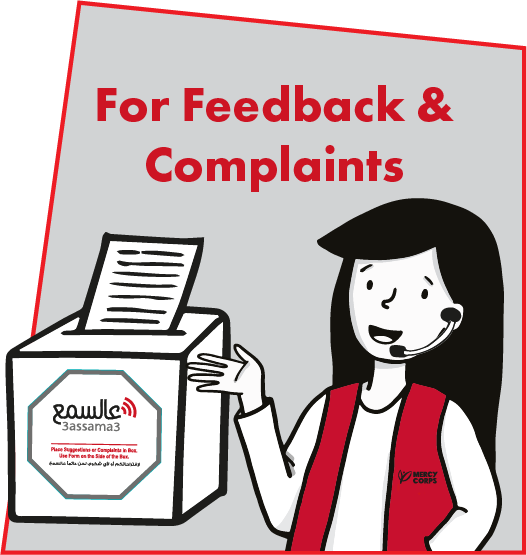LCAT Reports
The Lebanon Crisis Analytics Team (LCAT) provides reactive and in-depth context analysis to inform the humanitarian community in Lebanon. The information and analysis contained in this report is strictly to inform the humanitarian response and policymaking on Lebanon.
LCAT Reports
The Lebanon Crisis Analytics Team (LCAT) provides reactive and in-depth context analysis to inform the humanitarian community in Lebanon. The information and analysis contained in this report is strictly to inform the humanitarian response and policymaking on Lebanon.
The Monthly Lebanon Crisis Update provides an overview of economic and political developments to alert the international aid response to new and emerging challenges that could impact the humanitarian situation in Lebanon. In the context of the multiple crises affecting Lebanon, the update tracks the impact of political developments on the economy, relevant international developments, updates on service delivery and governance issues, and analysis of the drivers of humanitarian need as they develop. The report also aims to provide nuanced forecasting on contextual shifts relevant to shifting needs and the implementation of humanitarian programming. The report draws upon a desk review of currently available literature, analysis of relevant quantitative data, and key informant interviews with a range of experts and individuals with knowledge of Lebanon’s economy.
The Monthly Lebanon Crisis Update provides an overview of economic and political developments to alert the international aid response to new and emerging challenges that could impact the humanitarian situation in Lebanon. In the context of the multiple crises affecting Lebanon, the update tracks the impact of political developments on the economy, relevant international developments, updates on service delivery and governance issues, and analysis of the drivers of humanitarian need as they develop. The report also aims to provide nuanced forecasting on contextual shifts relevant to shifting needs and the implementation of humanitarian programming. The report draws upon a desk review of currently available literature, analysis of relevant quantitative data, and key informant interviews with a range of experts and individuals with knowledge of Lebanon’s economy.
Monthly Reports
February Crisis Update
Key Takeaways: The National Social Security Fund announced that it raised the exchange rate – effective February 1 – at which it calculates payments and transfers to 89,000 Lebanese pounds (LBP) per 1 US dollar (USD). The new exchange rate will apply to...
January Crisis Update
Key Takeaways: The conflict between Hezbollah and Israel along Lebanon’s southern border continued throughout January, killing six civilians and causing extensive damage. The rate of Israeli and Hezbollah strikes was in keeping with past months, though Israel expanded...
December Crisis Update
Key Takeaways: Heavy fighting resumed along Lebanon’s southern border after the ceasefire in Gaza lapsed on December 1. Six civilians were killed by Israeli military action in December, bringing the total number of civilian casualties between October 8 and December 31...
November Crisis Update
Key Takeaways: Fighting escalated between Hezbollah and the Israeli military along Lebanon’s southern border in November, with Israeli shelling reaching the Zahrani area, 30 kilometers into Lebanese territory. Eleven civilians were killed and 15 were injured by...
October Crisis Update
Key Takeaways: Since October 8, Hezbollah and Israel have engaged in escalating tit-for-tat attacks along Lebanon’s southern border. Eleven civilians have been killed in the fighting and 31 others injured as of November 9. As of November 1, 25,708 individuals had been...
September Crisis Update
Key Takeaways: The caretaker cabinet submitted its final version of the 2023 draft budget to parliament and continued its review of the 2024 draft budget in September. The latest version of the 2024 draft budget includes a value-added tax increase from 11% to 12% and...







